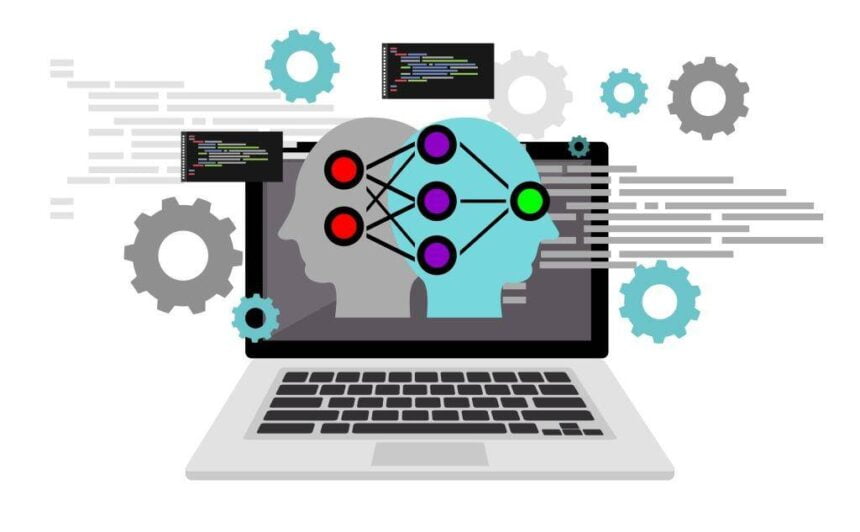Artificial intelligence is changing the nature of human language. We are seeing computers that can understand language in very nuanced ways. Towards Data Science has a very interesting analysis of this trend in their article Understanding Natural Language Process, How AI Understands Our Languages.
AI is still unable to grasp the complexities of language to the level of trained transcriptionists. However, that may change in the future. Will it eventually make them obsolete?
AI is Changing the Nature of Human Language – How Will Transcriptionists Respond?
The world of professional transcription is something that is not to be taken lightly. Many companies in multiple industries put plenty of stock in a transcriptionist’s ability to do their jobs both quickly and accurately. It can be a demanding job that can be overwhelming for those who are unaware of just how challenging it can be.
That said, there are aspects of the job that can seem too challenging at times. For example, in the world of legal transcription and university transcription, the smallest typo or mistake with proof-reading could lead to disastrous consequences down the line. The same can be said for medical transcription, where a mistake could be a matter of life and death in exceptional scenarios.
AI cannot always meet the level of accuracy that employers demand. This is why they currently require human transcriptionists to handle these tasks. However, that is going to change in the future.
AI is the future of transcription
Over the past few years, speech-to-text and voice recognition technology have risen in popularity. There is finally matching hardware to match the ambitions of those invested in voice recognition, and transcription undoubtedly benefits.
The result of the leaps and bounds in technology is the dawn of the automated transcription service. Compared to human transcription, the AI makes use of current tech to properly discern voices in audio files, ensuring that the text is as accurate as possible without sacrificing the turnaround times.
Fields of transcription where AI matters the most
While there are plenty of industries where automated transcription is seen as a boon for business, there are a few fields in particular where AI could change the face of transcription for good. One such field would be medical transcription. As stated above, the slightest mistake could have far-reaching consequences, which means that 99% accuracy guarantees matter more than most other features. The audio quality in medical transcription is also often top quality, which means automated transcription will not have trouble discerning multiple voices. We have already discovered that AI can read better than humans with some subject matter.
Another field that benefits greatly from AI would be legal transcription. In the courtroom, everything written down matters, and how it is written matters even more. Legislation can change depending on the smallest typo, which is why AI transcription is being utilized more and more in the field.
Will AI transcription eventually overrun human professionals?
Considering the advancements of technology, the future of professional transcriptionists might be looking bleak when it comes to some fields of transcription. That said, it does not mean that AI will completely overrun the market. For example, general transcription, with its mish-mash of different companies from a variety of industries, will likely never run out of demand for human professionals. There are far too many variables in general transcription. When it comes to fields where 100% accuracy is necessary to get the job done, speech-to-text technology will eventually evolve enough that AI can guarantee a 100% accuracy rate. In such situations, automated transcription might end up edging out human professionals.
No matter the scenario, there is no denying that human professionals work their hardest when it comes to transcription, which goes a long way when it comes to achieving results. At the end of the day, humans and AI alike will work together to get the job done.

